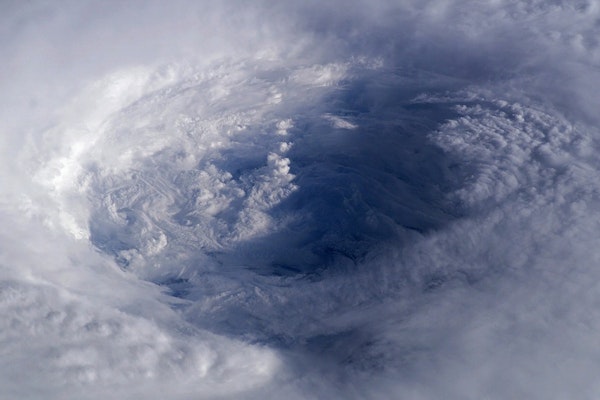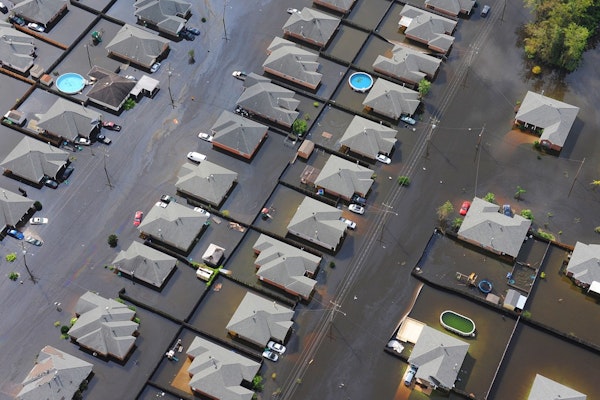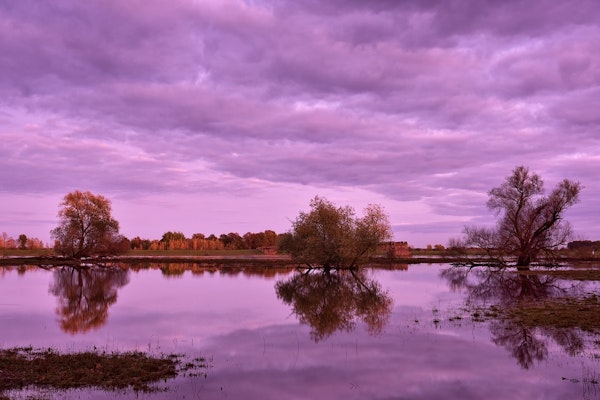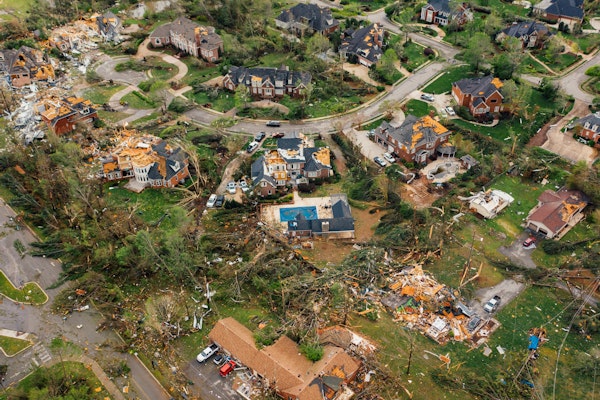
Early-Season Hurricanes: Where June Storms Typically Form and Why Activity Has Increased
Although June is typically a quiet start to Atlantic hurricane season, recent years show a rise in early storm activity, especially near the Gulf and Southeast U.S. coasts.
May 28
Catastrophe
Insurance Industry
Property
Risk Management
Alabama
Louisiana
Texas

Frustrating Claims Processes Drive Policyholders to Avoid Filing and Consider Switching Insurers
A new survey finds 22% of consumers skip filing claims due to complex processes, while 64% would switch insurers for a smoother digital experience.
May 28
Insurance Industry
Property
Risk Management
Technology

How AI Can Help Insurers Detect and Cut Down on Fraud
With advanced analytics and pattern recognition, AI could help P&C insurers save up to $160 billion annually by detecting both soft and hard fraud more effectively.
May 28
Fraud
Property
Risk Management
Technology

Texas Faces Critical Flood Insurance Gap as Risk Rises Statewide
A new report by Neptune Flood highlights Texas’s escalating flood risk and the urgent need to close the state’s massive and growing insurance coverage gap.
May 21
Catastrophe
Insurance Industry
Legislation & Regulation
Property
Texas

Warner Robins Insurance Agent Charged with Bank Fraud over Misuse of $220K in Client Funds
A former Alfa Insurance agent in Warner Robins faces federal charges for allegedly directing a client to withdraw $220K, which he used to pay others’ insurance premiums.
May 20
Fraud
Insurance Industry
Legislation & Regulation
Property
Georgia

Millions of Homes Unprotected as Climate-Driven Insurance Costs Soar
New research shows insurance protects against climate disasters, but millions of flood-prone homes remain uninsured as premiums climb beyond affordability.
May 20
Catastrophe
Legislation & Regulation
Property
Risk Management
California
Florida
Kentucky
Louisiana
New York

Climate Change Drives Rising Home Insurance Costs and Coverage Gaps
As climate disasters increase, insurers are hiking premiums, reducing coverage, or exiting markets—leaving homeowners, states, and federal programs to fill the gap.
May 20
Catastrophe
Legislation & Regulation
Property
Risk Management
California
Florida
Maryland

EPA Plans to Weaken Drinking Water Limits on Emerging PFAS Chemicals
The EPA will maintain strict limits for two common ‘forever chemicals’ but plans to roll back standards for others, citing legal challenges and utility concerns.
May 19
Catastrophe
Legislation & Regulation
Property
Risk Management
New York
North Carolina

Insurers Scramble for Disaster Data After NOAA Halts Updates
With NOAA’s disaster data program discontinued after 2024, insurance companies face major challenges in modeling risk, pricing policies, and ensuring climate resilience.
May 13
Catastrophe
Insurance Industry
Property
Risk Management
California

How Property and Casualty Insurers Can Combat Fraud with AI-Driven Multimodal Technology
AI-powered multimodal tech is helping property and casualty insurers detect fraud more accurately across the claims cycle, potentially saving billions and lowering premium costs.
May 13
Fraud
Insurance Industry
Property
Technology

Escrow Officer Sentenced to Prison for Orchestrating $350K Title Fraud Scheme in Texas
A McAllen, Texas escrow officer was sentenced to 24 months in prison for wire fraud after falsifying real estate documents and defrauding lenders and buyers of over $350,000.
May 13
Fraud
Insurance Industry
Litigation
Property
Texas

Florida Appeals Court Backs Insurer’s Right to Enforce Repair Option in Homeowner Dispute
A recent Florida appellate ruling reinforces insurers’ authority to enforce managed repair clauses, highlighting the importance of policy clarity in property claim disputes.
May 12
Insurance Industry
Legislation & Regulation
Litigation
Property
Florida

Property and Casualty Insurance Sees Best Underwriting Year Since 2013
The U.S. property and casualty insurance industry posted a 96.5% combined ratio in 2024, driven by a sharp recovery in personal lines and improved property performance.
May 9
Auto
Liability
Property
Workers' Compensation

NOAA Ends Billion-Dollar Disaster Tracking Program Citing Budget Cuts and Staffing Issues
NOAA will stop updating its billion-dollar weather disaster database, a move that limits public access to vital cost-tracking of extreme weather events.
May 8
Catastrophe
Insurance Industry
Property
Risk Management
California

Oregon’s Wildfire Certification Falls Flat Without Insurance Discounts to Drive Participation
While Oregon launched a wildfire certification program to promote home hardening, the lack of required insurance discounts has left homeowners with little motivation to join.
May 8
Catastrophe
Legislation & Regulation
Property
Risk Management
California
Oregon





